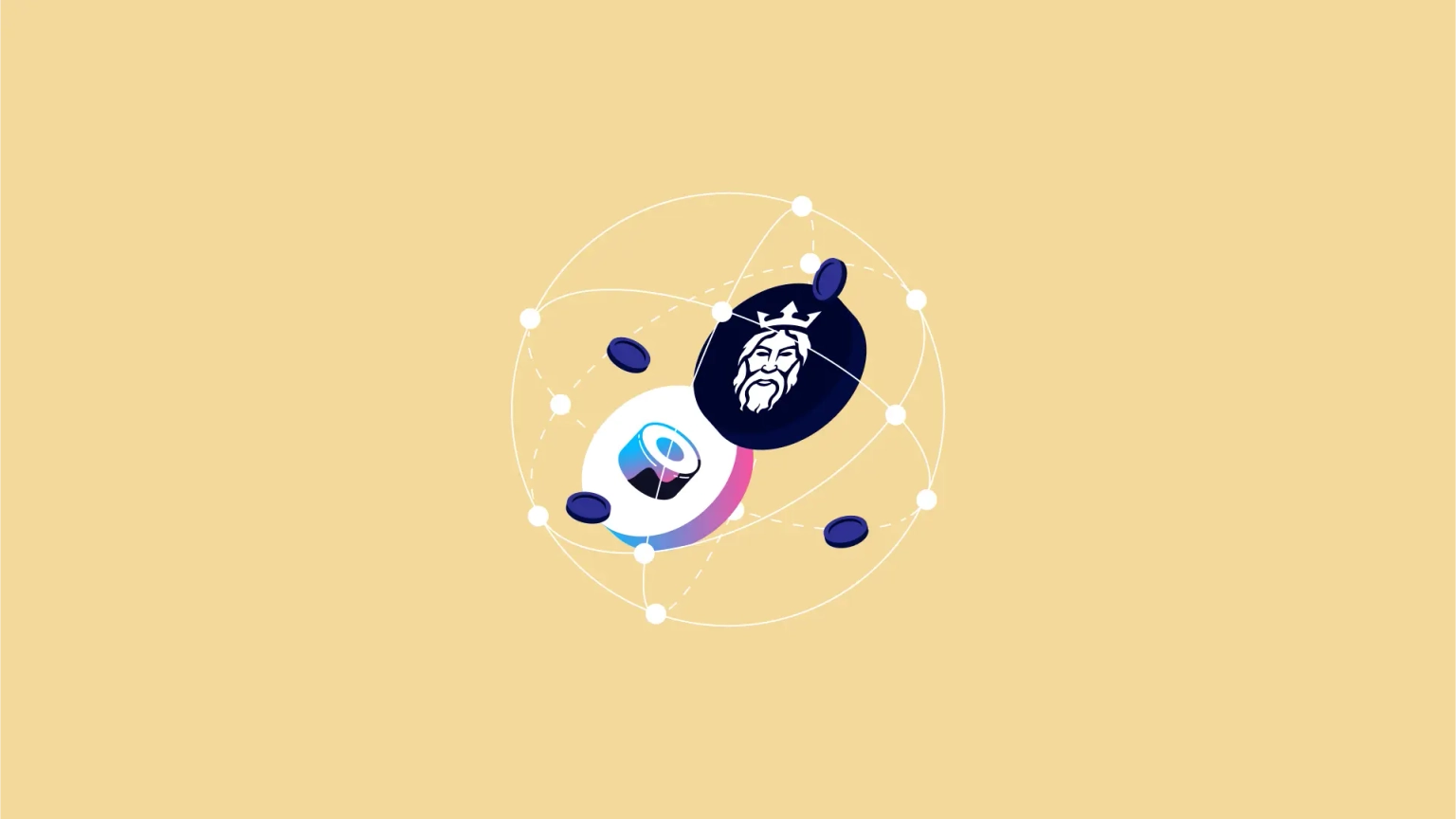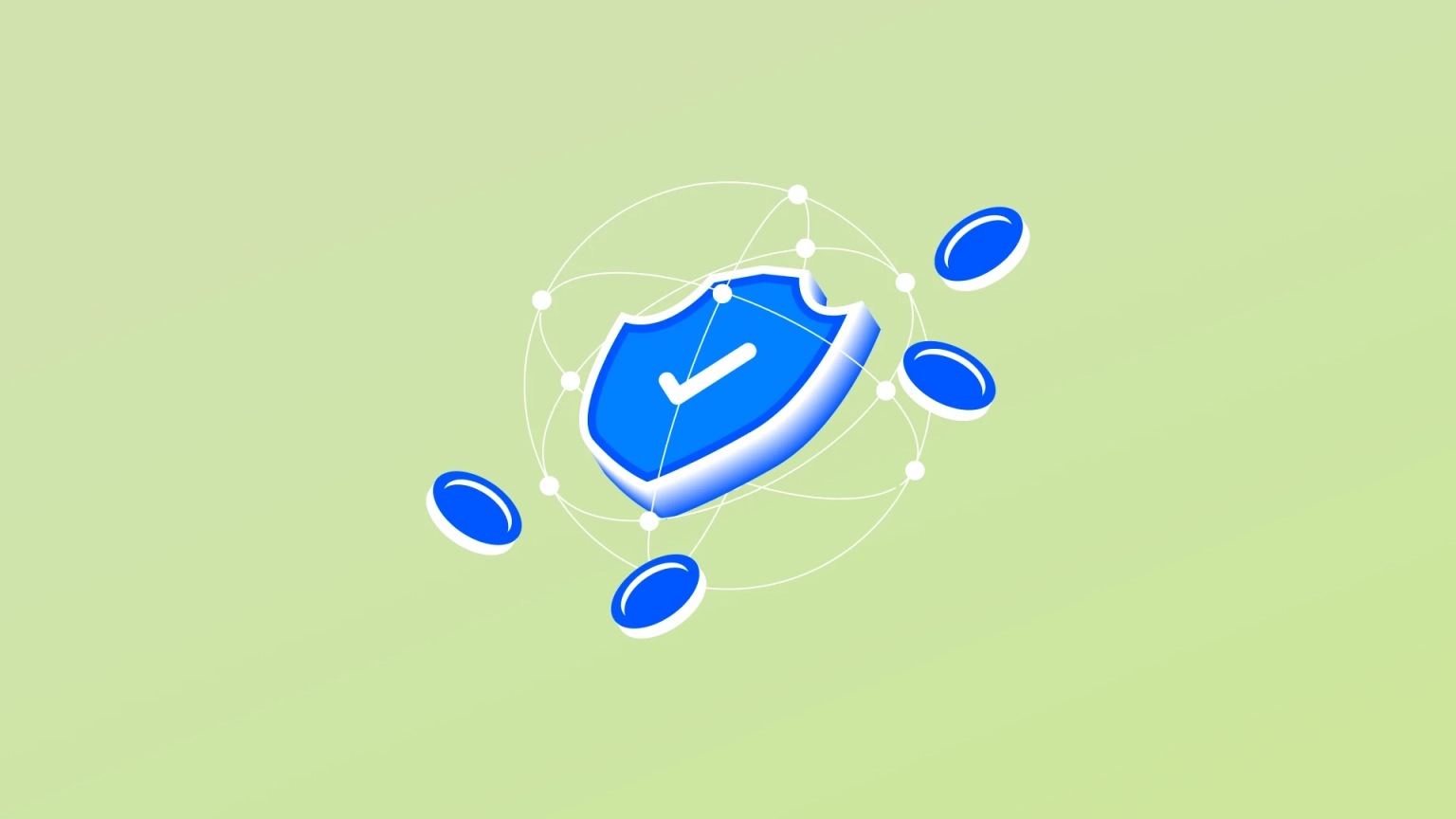
Collaboration between Neptune Mutual and SushiSwap
Explore Neptune Mutual's ongoing collaboration with SushiSwap offering several benefits.
Youtube Video
Playing the video that you've selected below in an iframe

Understand tokenized real-world assets and mitigating associated risks with DeFi insurance
Decentralized Finance (DeFi) represents a shift in the financial sector with the use of blockchain technology to decentralize and transform traditional financial services. With the vision of operating without centralized authorities, DeFi has been successful so far with the use of smart contracts across multiple blockchain networks, including Ethereum, Polygon, Solana, BNB Smart Chain, and so on.
One of the most exciting developments in blockchain technology is the tokenization of real-world assets (RWAs). This process involves converting the rights and ownership of an asset into a digital token on a blockchain.
This blog article delves into the different aspects of real-world assets, their tokenization, the risks associated with tokenized RWAs, and ways to mitigate them.
Real-world assets (RWAs) include a broad range of tangible and intangible items that hold value in the physical world. These assets derive their worth from their existence and utility outside of the digital realm.
RWAs are diverse and encompass a wide range of tangible and intangible items that possess intrinsic economic value. These assets are universally recognized and form a substantial part of the global financial ecosystem. They include physical objects like real estate, art, commodities, and machinery, as well as traditional financial assets such as currencies, equities, bonds, and intellectual property.
Traditionally, there have been high entry barriers to managing and investing in real-world assets. Challenges like high capital requirements, complex legal processes, and geographical limitations are some of them. Investments in assets like real estate or art have typically been the preserve of affluent or institutional investors due to the high costs and illiquidity. The management of these assets often involves layers of intermediaries, extensive paperwork, and a lack of transparency, making the process inefficient.
The integration of blockchain technology along with the concept of tokenization is set to revolutionize how these assets are managed, traded, and invested in. This concept has opened new avenues for efficiency, transparency, and democratization in asset handling.
Let’s understand tokenizing RWAs.
RWA tokenization involves converting rights to real-world assets into digital tokens on a blockchain. This approach transforms physical and traditional financial assets, such as real estate, art, commodities, equities, and bonds, into blockchain-based digital tokens.
The ability to enhance liquidity, transparency, and accessibility of physical assets makes tokenized RWA relevant in the blockchain space. The tokenized assets become more accessible to a wider variety of investors, facilitating the division of assets into smaller, more affordable units. This democratization of investment opportunities is a key aspect of how blockchain technology is modernizing traditional financial markets.
For instance, Polymesh, a blockchain platform designed for asset tokenization, enables the conversion of real-world assets into digital tokens. The platform allows tokenizing, for example, your commercial building, and its value is represented as digital tokens. These tokens represent shares of the building property and allow investors to trade, borrow, or lend these tokens, making the property more liquid and accessible to investors.
Here are some of the major benefits of tokenized RWAs:
Tokenization on blockchain technology inherently brings decentralization, reducing the reliance on traditional intermediaries like banks, brokers, and lawyers and streamlining the process of asset management and transactions. It leads to increased security and trust among participants since there’s no entity controlling your assets.
Tokenization allows for the division of assets into smaller units, enabling fractional ownership. This increases the liquidity of traditionally illiquid assets like real estate or fine art, as investors can buy and sell smaller portions of these assets.
By enabling fractional ownership, tokenization lowers the financial barriers to entry, allowing more people to invest in high-value assets that were previously inaccessible to them. In addition, the use of smart contracts and blockchain technology simplifies complex processes involved in buying, selling, and managing assets.
Tokenization facilitates cross-border transactions by eliminating many of the legal and financial complexities associated with international asset trading. With global reach, investors have access to a wider array of assets from different markets and regions, diversifying their investment portfolios and spreading risk across various economies and asset classes.
Let’s briefly discuss the process for converting RWAs into digital tokens.
Asset Identification and Valuation: The first step involves identifying and valuing the real-world asset to be tokenized. The asset’s value is determined, and a decision is made on how to divide it into digital tokens.
Legal and Regulatory Compliance: Ensuring compliance with all applicable laws and regulations is crucial. Legal entities like Special Purpose Vehicles (SPVs) may be created to facilitate tokenization while adhering to relevant rules.
Creation of Smart Contracts: Blockchain-based smart contracts are developed, specifying the terms for the creation, management, and trading of the tokens.
Blockchain Platform Selection: A suitable blockchain platform for tokenization is chosen. Platforms like Ethereum are popular choices due to their support for smart contracts and robust developer communities.
Token Creation: Digital tokens representing ownership or rights over the physical asset are created. These tokens are developed on the selected blockchain, often following established token standards like ERC-20 for fungible Ethereum-based tokens.
Ownership Record: The blockchain maintains a visible and immutable ledger that records who owns which tokens. All transactions involving these tokens, including purchases, sales, and transfers, are tracked on the blockchain.
Exchange and Marketplace: A marketplace or platform is established where these tokenized assets can be bought, sold, and traded. Integration with cryptocurrency exchanges makes it easy for investors to access and trade the tokens.
It’s obvious that RWA tokenization offers numerous advantages. However, being a relatively new and evolving field, it also comes with some challenges and potential risks.
Here are some of them:
Regulatory authorities worldwide are still in the process of defining the framework for blockchain-based asset tokenization. The lack of clear and uniform regulations can lead to legal uncertainties. Compliance with existing financial and securities laws can be complex when tokenizing assets. Different jurisdictions may have varying requirements, making cross-border tokenization a legal challenge.
The cryptocurrency market is known for its high volatility. The value of digital tokens representing real-world assets can fluctuate significantly, affecting investors' holdings. Asset-backed tokens may not be immune to market sentiment and can experience rapid price changes based on external factors, much like traditional financial assets.
Smart contract vulnerabilities governing asset tokenization can lead to security breaches and financial losses. Similarly, network congestion during high traffic and resource demands can cause delays in transaction processing and potentially impact the liquidity of tokenized assets.
Disputes may arise over ownership rights, especially if there are ambiguities in the legal documentation or if multiple parties claim ownership of the same asset-backed tokens.
Tokenized assets may become targets for fraudulent schemes, including the creation and sale of counterfeit tokens representing non-existent or overvalued assets.
Traders with significant holdings of asset-backed tokens may attempt to manipulate the market by coordinating buy or sell orders, potentially leading to unfair price fluctuations.
As the market for real-world assets (RWAs) in the blockchain space continues to grow, security becomes an absolute necessity. With significant amounts of capital involved, ensuring the protection of these assets is paramount. While there are various security measures that users can adopt, including smart contract auditing, updating tech stacks, and maintaining vigilance, one of the most crucial protection measures is DeFi insurance.
DeFi insurance is an essential component of the DeFi ecosystem. It offers protection against financial losses stemming from various risks encountered in the DeFi space. Regardless of the type of risk—be it smart contract failures, hacking incidents, or other operational vulnerabilities—DeFi insurance can safeguard your RWA tokens and other digital assets from potential harm.
Neptune Mutual stands as an innovative DeFi insurance solution designed to enhance the security of the DeFi sector and the protection of digital assets.
It operates on a parametric model, meaning that payouts are based on predefined parameters rather than lengthy claim verification. In the event of an incident, such as a hack or exploit, policyholders will become eligible to receive payouts without the need to provide proof of loss.
At Neptune Mutual, we offer a marketplace where projects can create cover pools for their products. If you have an RWA project, then you can create a pool in our marketplace to ease the purchase of coverage for your users and protect their tokens. Reach us through our contact page so that we can help you create the cover pools and set parameters as per your requirements.
As an individual involved in RWA projects to tokenize your RWAs or trade tokens, ask your project what security measures they have adopted. We have seen the strongest of projects at DeFi fail to secure their users and funds. So, urge the RWA project to create cover pools in the Neptune Mutual Marketplace as the ultimate safety net against DeFi threats.
As the DeFi and RWA markets continue to expand, DeFi insurance could become an indispensable tool to mitigate risks and ensure the safety of assets within the blockchain space. Embracing these insurance solutions like Neptune Mutual can provide peace of mind to investors and users alike, fostering greater trust and confidence in the evolving world of decentralized finance.
To know more about Neptune Mutual, follow us on X (Twitter) and join our Discord chat.